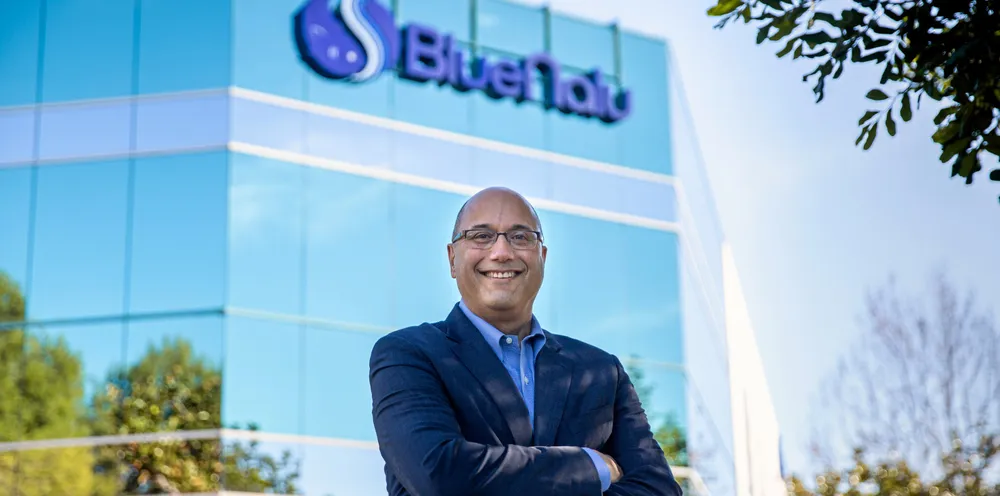Here's why alternative seafood brands are betting on foodservice this year
CEOs from AquaBounty, BlueNalu and Good Catch Foods weigh in on why foodservice appeals to the introduction of new products despite the ongoing pandemic.

CEOs from AquaBounty, BlueNalu and Good Catch Foods weigh in on why foodservice appeals to the introduction of new products despite the ongoing pandemic.
